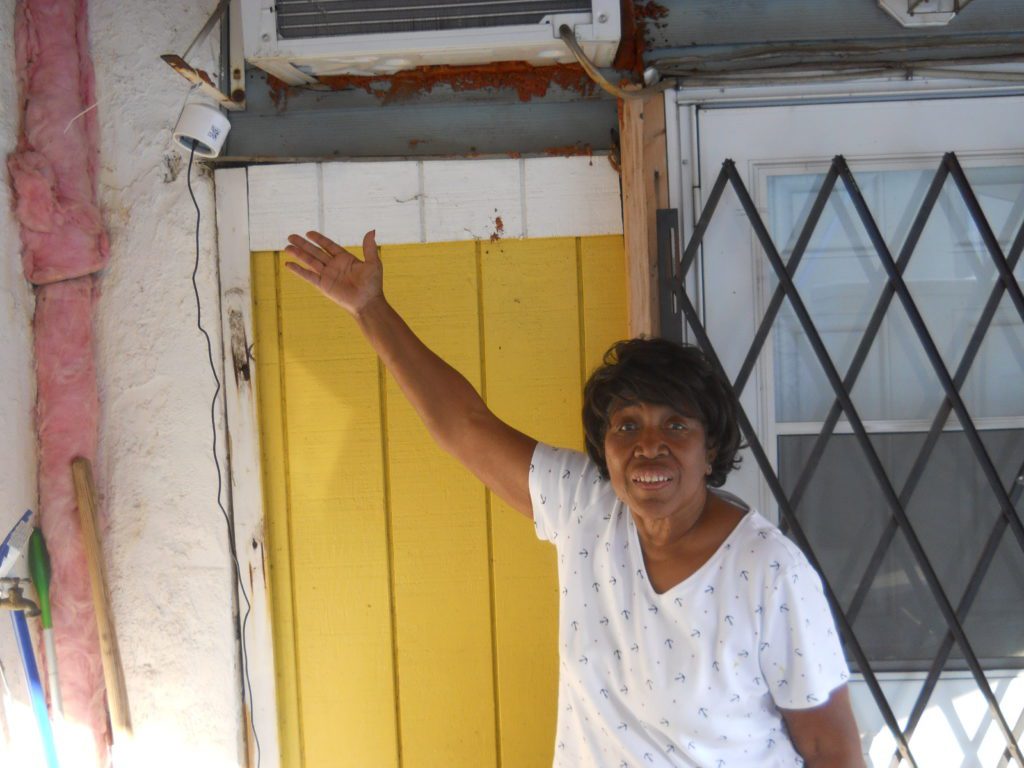Air Monitoring

States and cities monitor air pollution to generate long-term averages over large geographic spaces. This is necessary for understanding regional air quality, but it does not supply residents with detailed information about pollutants they are actually breathing on a daily basis.
The Council conducts air monitoring projects in Philadelphia, Delaware, and across Pennsylvania and is designing an accurate air monitor prototype for measuring air pollutants near fracked gas infrastructure.
Our Monitoring Work
- In western Pennsylvania and the Marcellus Shale region of Pennsylvania, the Council is designing low-cost particulate matter and volatile organic compound (VOC) monitors for use around oil and gas infrastructure. These monitors are being deployed as a screening tool to identify problems around wells, compressor stations, and other large facilities. One of these facilities is Shell’s ethane cracker in Beaver County, PA. The ethane cracker will have fenceline monitoring as part of a settlement negotiated by the Environmental Integrity Project and Clean Air Council.
- In Philadelphia and Delaware, the Council uses Purple Air particulate matter monitors and other low-cost monitors to help residents learn about their local air quality and make effective reports to local regulators. You can view all Purple Air monitors running on planet earth at purpleair.com/map, including some monitors Clean Air Council has installed in Philadelphia and Delaware.
- The Council has used this information in local zoning, planning, and industrial permitting discussions. Clean Air Council staff was involved in the formation of this Philadelphia City Planning Commission report on auto-related businesses that commonly cause local illegal air pollution in low-income neighborhoods and communities of color in Philadelphia. The Council has worked with Philadelphia community organizations like Empowered CDC, HACE CDC, Concerned Citizens of Point Breeze, and Somerset Neighbors for Better Living to advocate for zoning and permitting decisions that reduce the impact of industrial facilities sited in historically black and brown communities.
- The Council uses low-cost particulate matter monitors to trace national pollution issues (such as the West Coast wildfires) and advocate for climate action.
- The Council used data gathered from monitors to capture pollution incidents, resulting in campaigns to fine polluters for unpermitted air pollution as well as to increase enforcement of local air regulations. As a part of a community air monitoring program in the Kensington neighborhood of North Philadelphia, Clean Air Council worked with residents living adjacent to polluting, unregulated facilities to install air monitors on their homes. This data was effectively used in a court case after an illegal scrap metal facility created a large fire at the site, creating massive amounts of air pollution and endangering local residents.
Take Action
- Often, nearby demolitions and construction operations generate large amounts of illegal, potentially harmful dust. This can be addressed by contacting your local air pollution regulator. Gathering data with a low-cost air monitor could support your complaint.
- Landfills, scrap yards, gravel grinding, and asphalt facilities can generate significant amounts of dust. Any uncontrolled material leaving a property line is completely illegal. Clean Air Council can help you make an effective complaint.
- Contact Russell Zerbo at rzerbo@cleanair.org for more information, assistance in installing a particulate matter monitor in your home, or if you live near a facility that is producing large amounts of dust or other air pollution.

